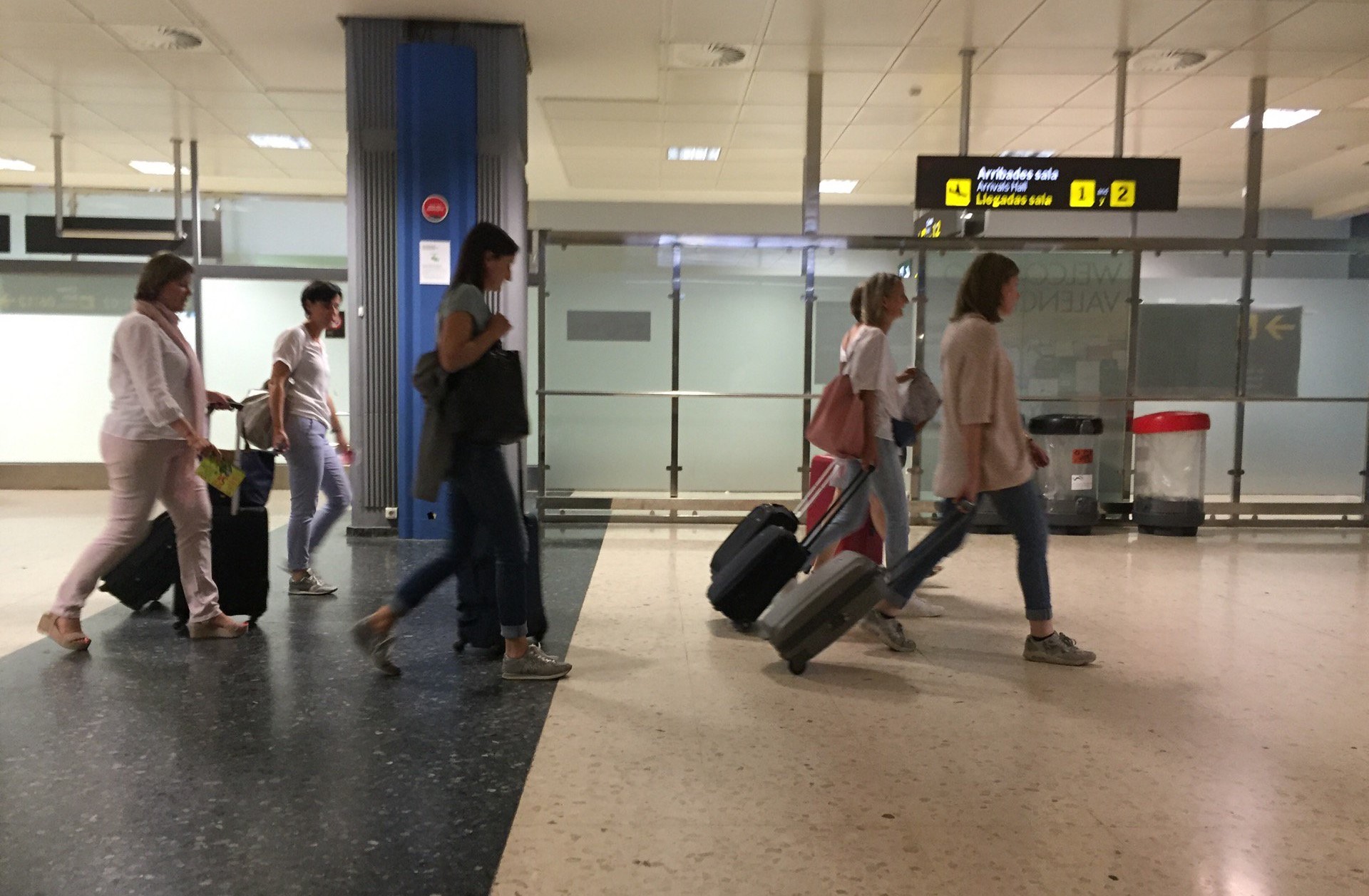


After more than a decade of stagnation, EU transport ministers have reached an agreement to update the Europe’s air passenger rights framework, by introducing more than 30 new or clarified protections aimed at improving transparency, compensation processes, and rerouting obligations.
The proposal doesn't scrap all the customer protections, but it changes the rules on compensation payments - changing both the payment amounts and the delay time after which compensation rules kick in.
The Council of the European Union is pushing for the revised EC 261/2004 compensation for passengers whose flights are delayed or cancelled by airlines, along with a longer delay threshold before passengers would be eligible for compensation.
“The revised rules will bring over 30 new rights to the air passengers, applicable from the moment when they buy a ticket until they arrive at their destination – and in some cases, even beyond,” said Dariusz Klimczak, Minister of Infrastructure of Poland.
“It is a historical milestone as an agreement couldn’t have been reached in the last 12 years.”
Specifically, The EU Council now recommends that passengers on short-haul and medium-haul flights would have to be delayed 4+ hours, and passengers on long-haul flights would have to be delayed 6+ hours, before being eligible for any compensation.
This is a significant increase from the current 3+ hour delay threshold. Compensation for medium-haul and long-haul flight delays/cancellations would also be reduced by EUR 100.
Among the most notable changes is the right for passengers to be rerouted “at the earliest opportunity”. Airlines must offer alternatives including flights on other carriers or suitable transport modes. If rerouting is not provided within three hours of disruption, travelers may arrange their own travel and claim reimbursement – up to 400 percent of the original ticket cost.
Since 2004, passengers on European airlines and on all airlines departing EU countries (but not on non-EU carriers flying to the EU) have been protected by EC 261/2004 regulations that stipulate compensation amounts for delays of 3+ hours, with the compensation amount dependent on the flight length.
| Flight length | Delay | Compensation |
|---|---|---|
| <1500 km | 3 hours or more | €250 |
| 1501 km to 3500 km | 3 hours or more | €400 |
| > 3500 km | 3 hours or more | €600 |
| Flight length | Delay | Compensation |
|---|---|---|
| < 3500 km | 4 hours or more | €300 |
| > 3500 km | 6 hours or more | €500 |
Airlines will also face stricter transparency requirements, with new obligations to inform passengers of their rights at booking and to respond to claims within 14 days. Travelers will have six months to submit complaints following a disruption.
What's waiting for the Passengers ?
EC 261/2004 also already gives passengers the right to re-routing”under comparable transport conditions, to their final destination at the earliest opportunity,” but the Council's proposal does specify that if an airline fails to provide an appropriate rerouting within 3 hours of a disruption, passengers may arrange their own rerouting and claim reimbursement of up to 400% of the original ticket cost.
Another change would be passengers' right to claim compensation if they did not take an outbound flight and the airline denies them boarding on the return flight. However, the current standard airline industry practice to cancel the return flight for passengers who don't take their outbound flight.
The Council also proposes a strict deadline for airline responses: 14 days from when passengers submit a compensation request. We don't see this as much value, however, as airlines often simply deny compensation, citing “extraordinary circumstances,” sometimes until taken to court, so this simply means getting a rejection faster.
While the European Council is advertising the change by saying,
“strengthen and clarify several existing air passengers rights, together with the introduction of certain new rights”
The rules cover airlines that are registered in the EU – such as the Ireland-based Ryanair – or flights taking off from an EU or Schengen zone country.
The next step is for the European Parliament to approve, amend, or reject the Council's position. Once approved, the revised framework would mark the most significant reform of EU air passenger rights since the original legislation came into force, potentially reshaping the future travel experience across the bloc.
Display Picture Credit: Fleur in Valencia
You may like to read.......
